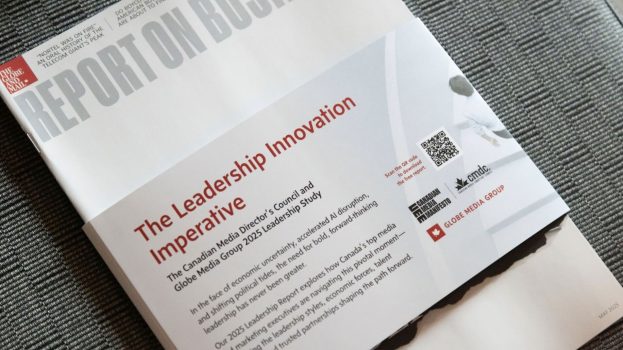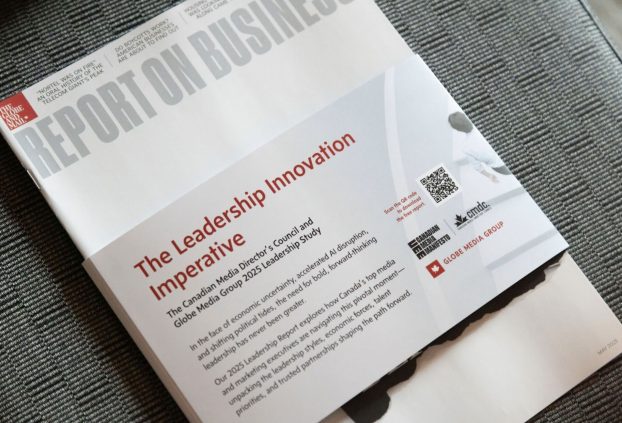‘The first Congress of Advertising, which Rupert was instrumental in organizing, became famous when Hugo Powell, at the time president of Labatt, went off on the industry. And [the impact] lasted five or six years, because he said that the problem with the industry was that they were a bunch of handlers, who didn’t add any value to the process. Rupert handled it very well. He balanced the viewpoint by saying: ‘The industry is more than handlers, Mr. Powell, but you’re absolutely right, if all you’re getting is handlers, then you should be looking around for a new ad agency. But there’s nothing wrong with the agency model, because there are agencies that deliver that value.” Alan Middleton, assistant professor, marketing, Schulich School of Business, York University, Toronto
‘The one thing that impressed me most was when he was working on the Gomery Report, and how he dealt with that, because he was under a lot of pressure at the ICA to stand up and speak out. But it really wasn’t about the industry in general, it was about a couple of agencies, and in any industry there’s always someone who doesn’t live up to the standards. Having him speak out on it would have caused the industry some harm.’ Frank Palmer, CEO/chairman, DDB Canada, Vancouver
‘I don’t know if I would have the energy to put up with what he did [in creating the brand communication degree and Marketing Communications Education Trust], with universities that move at a snail’s pace. He persevered, even with some of the reaction from the industry, such as companies that don’t think they’re involved in branding and don’t understand what it’s about or that say: ‘Brand strategy is what our U.S. parent does.’ Certainly there’s been more than enough frustration [that would] get a lot of other people to throw their hands in the air and say: ‘Screw this.’ Dr. Brad Davis, associate professor, marketing communications and research, School of Business & Economics, Wilfrid Laurier University, Waterloo, Ont.
‘As you can imagine, anybody who sets standards about knowing your client’s business and understanding the theories of marketing – you don’t have those standards and not enforce them. If you didn’t measure up, he was really tough. But he also had a great sense of humour. Once he was away from the clients, he could make some very cutting remarks about some of the more interesting and colourful ones and we had quite a few of them. He would just bust you up.’ Jim McKenzie, former president/CEO, Leo Burnett, Toronto
‘I caught him one time. I asked him what the share of Bounce was in Alberta and he didn’t know, but from that time on, he never forgot that lesson. He would walk around with a little diary in his inside pocket. So Rupert could tell you what the share of Crest was in Lower Slobovia. His knowledge of the industry grew enormously.’ Roy Kendall, former president of Procter & Gamble Canada, Toronto
‘The funniest thing we had Rupert do was when we were in Calgary for one of our meetings. After the Olympics, they opened up the luge and you can do the run. So you had Rupert in his three-piece suit, with a helmet, at the front of the luge and me at the back. He was a good egg about it. That’s the thing, he never said no.’ Jani Yates, EVP, Institute of Communications & Advertising, Toronto























